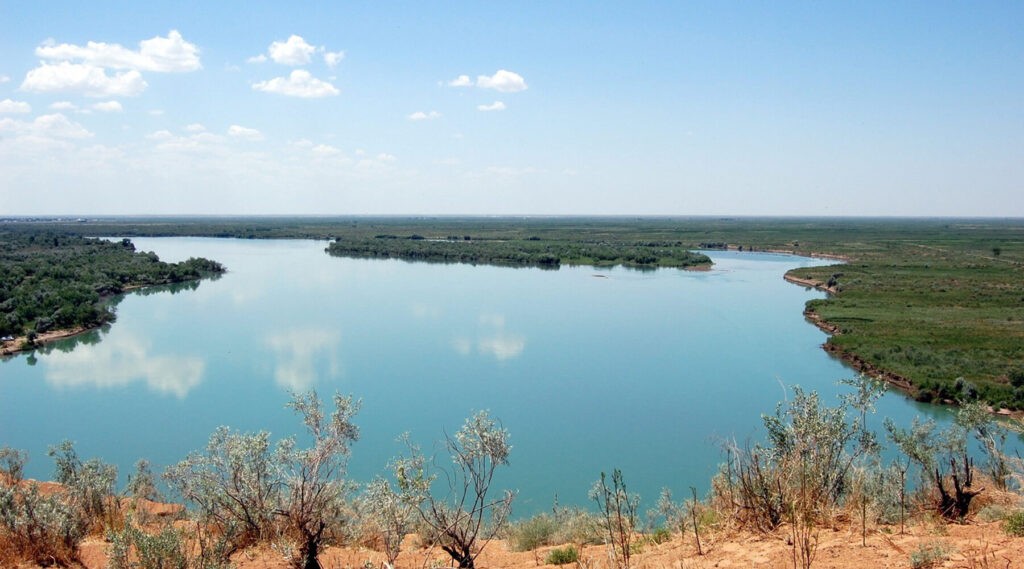DUSHANBE (TCA) — A two-day high-level international conference on the International Decade for Action, “Water for Sustainable Development, 2018-2028” started in Tajikistan’s capital Dushanbe on 20 June. The Conference is organized by the government of the Republic of Tajikistan in cooperation with the United Nations Department of Economic and Social Affairs, United Nations Water and in partnership with the Organization for Security and Co-operation in Europe (OSCE) and other international organizations.
The OSCE has been a long-term partner to Tajikistan’s government in promoting sustainable management of water resources with the aim of enhancing security, prosperity and the protection of the environment, the OSCE Programme Office in Dushanbe said.
Ambassador Vuk Žugić, Co-ordinator of OSCE Economic and Environmental Activities, noted that water connects countries sharing water resources and jointly managing water can lead to improved relations among countries, and enhance security, prosperity and the protection of the environment. “Water can also be a source of co-operation. And this requires the OSCE investing its efforts in promoting effective water diplomacy,” Žugić said.
On the second day of the conference the OSCE together with the United Nations Economic Commission for Europe will be leading discussions relating to the Action Panel on Transboundary Co-operation and Water Diplomacy.
Speaking at the opening ceremony of the conference today, Tajikistan President Emomali Rahmon said that transboundary component of water cooperation is an important issue.
“Effective, fair and mutually beneficial water cooperation can become a catalyst for the development of countries connected by common water basins. The Central Asian region, which is characterized by uneven formation of water resources, is a clear example of constructive water cooperation,” Rahmon’s press service quoted the President as saying.
“Currently, the region has created new opportunities and infrastructure for effective interaction and development of our countries. Of course, such regional institutions as the International Fund for Saving the Aral Sea and its relevant commissions played a significant role in achieving such a result,” Rahmon said.
“Today we are facing new challenges and threats, which, as never before, require the consolidation of joint efforts and concerted actions,” the Tajik president concluded.
The conference has brought together representatives of United Nations agencies, international and regional organizations, international financial institutions, business community, non-governmental organizations, civil society, as well as scientists and experts.









